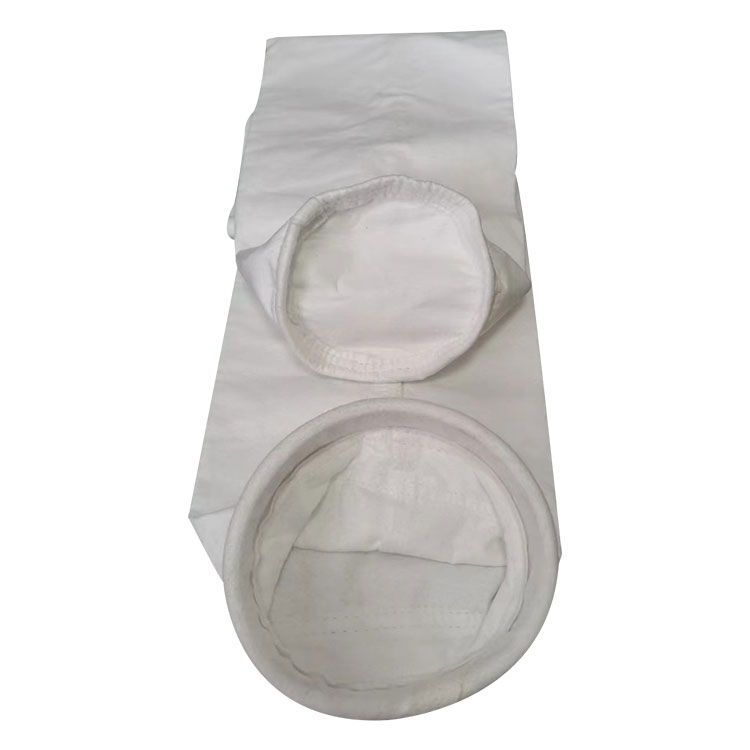The Essential Guide to Filter Bags: Function, Types, and Applications
2025-03-12
Filter bags are a crucial component in industrial filtration systems, ensuring clean air, water, and processed materials. Used in a wide range of industries, these bags help remove dust, contaminants, and unwanted particles efficiently. In this guide, we will explore the function, types, materials, and key applications of filter bags.
How Do Filter Bags Work?
Filter bags operate by capturing solid particles from liquids or gases as they pass through a porous fabric. The design of the filter bag allows for effective separation of contaminants, preventing pollution and ensuring operational efficiency in industrial settings. Depending on the filtration requirements, these bags come in different sizes, materials, and filtration ratings.
Types of Filter Bags
1. Liquid Filter Bags – Used in water treatment, food processing, and chemical industries to remove solids from liquids.
2. Dust Collector Filter Bags – Designed for air filtration in industrial dust collection systems, commonly used in cement, pharmaceutical, and manufacturing industries.
3. High-Temperature Filter Bags – Made from heat-resistant materials like Nomex or fiberglass, ideal for applications involving extreme temperatures.
4. Polypropylene and Polyester Filter Bags – Popular choices for chemical and food-grade filtration due to their chemical resistance and durability.
5. Oil Absorption Filter Bags – Specifically designed to capture oils and hydrocarbons from water and other liquids.

Materials Used in Filter Bags
- Polypropylene – Chemical-resistant and widely used in water and chemical filtration.
- Polyester – Strong, durable, and suitable for various industrial applications.
- Fiberglass – Ideal for high-temperature filtration, often used in power plants and metal processing.
- Nylon – Known for fine filtration capabilities, often used in precision industries like pharmaceuticals and food processing.
Key Applications of Filter Bags
- Industrial Air Filtration – Essential for removing dust and pollutants in factories and processing plants.
- Water Treatment – Used in municipal and industrial water purification systems.
- Food and Beverage Industry – Ensures the removal of unwanted particles from liquids like oils, juices, and syrups.
- Chemical Processing – Helps separate contaminants from chemicals to maintain product purity.
- Pharmaceutical Industry – Ensures compliance with strict hygiene and safety standards by filtering impurities from ingredients and air.
Advantages of Using Filter Bags
- High Efficiency: Provides effective particle capture, improving operational performance.
- Cost-Effective: Offers a budget-friendly filtration solution with easy maintenance.
- Versatile: Available in various materials and designs for different industrial needs.
- Eco-Friendly: Reduces emissions and waste, contributing to cleaner environments.
Conclusion
Filter bags are indispensable in maintaining clean industrial processes, improving air and water quality, and ensuring compliance with environmental standards. By selecting the right filter bag type and material, businesses can achieve optimal filtration performance while enhancing efficiency and sustainability. Whether in dust collection, liquid filtration, or chemical processing, filter bags continue to be a vital component in modern industrial operations.


